Humans news stories

A study published in the International Journal of Drug Policy asked psychedelic drug users to share their experiences with drug use, and particularly, their experiences with “bad trips.”

A chess-sized piece of bone crafted before modern humans are believed to have arrived in the area sparks questions about artistic expression beyond Homo sapiens.
Image from: Fährtenleser (Wiki Commons)
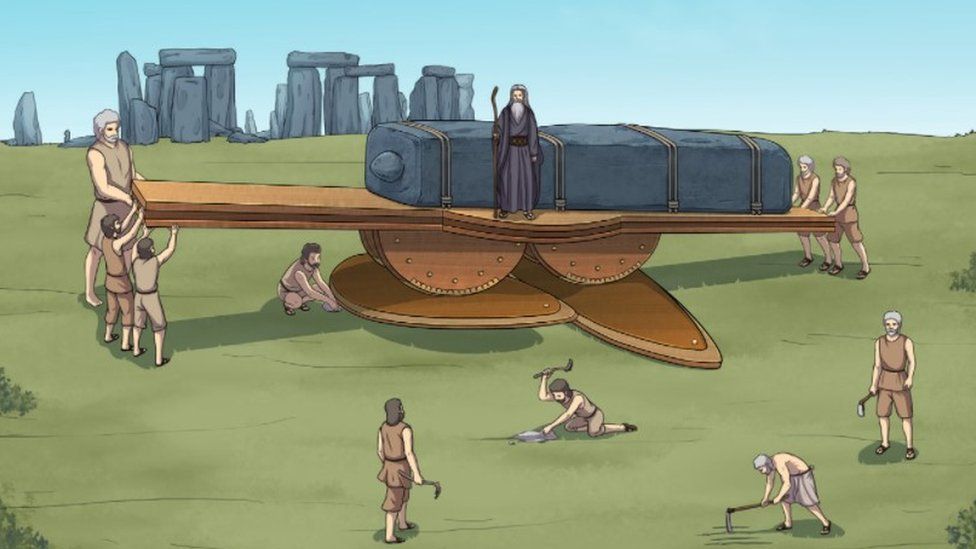
It is a mystery that has confounded experts for centuries – how were huge stones transported 180 miles (290km) from the Preseli Hills to Stonehenge?

A new study suggests that prehistoric elephants like the mastodon and woolly mammoth were wiped out by waves of extreme global environmental change, rather than being hunted to extinction by early humans.

Denisova Cave in southern Siberia is a site where conditions allowed for the preservation of ancient human fossils and DNA in fragments of bone, hair and faeces, some going back 300,000 years. Richard Roberts and colleagues from Germany and Russia have analysed DNA from sediments and shown which ancient humans were there at what times.
Image from Nerika (Wiki commons)

Despite their illegality and a tendency among the media and politicians to demonize their use, psychedelics have been shown to have transformative effects on individuals suffering from mental health problems, including depression and anxiety.
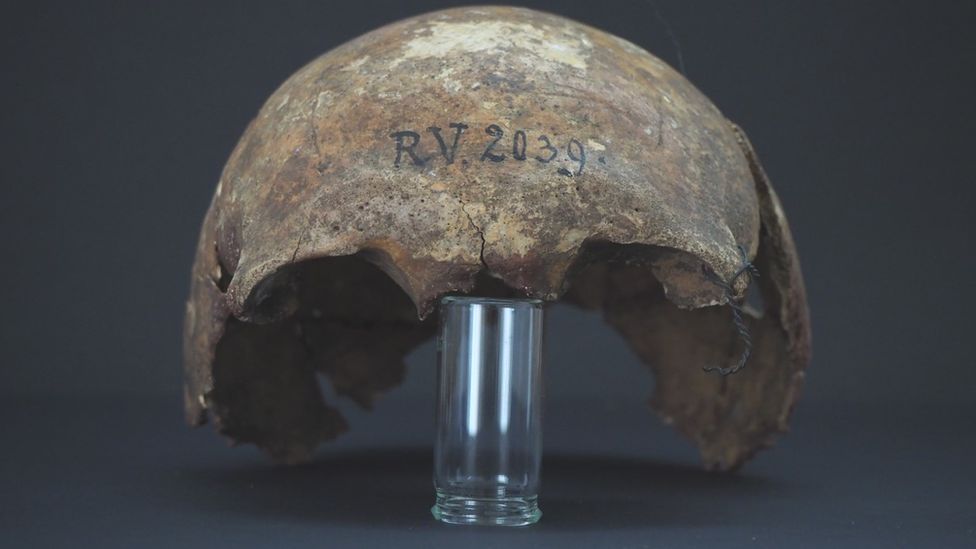
Scientists have identified a new contender for “patient zero” in the plague that caused the Black Death.

They may be vine-smothered ruins today, but the lost cities of the ancient tropics still have a lot to teach us about how to live alongside nature.
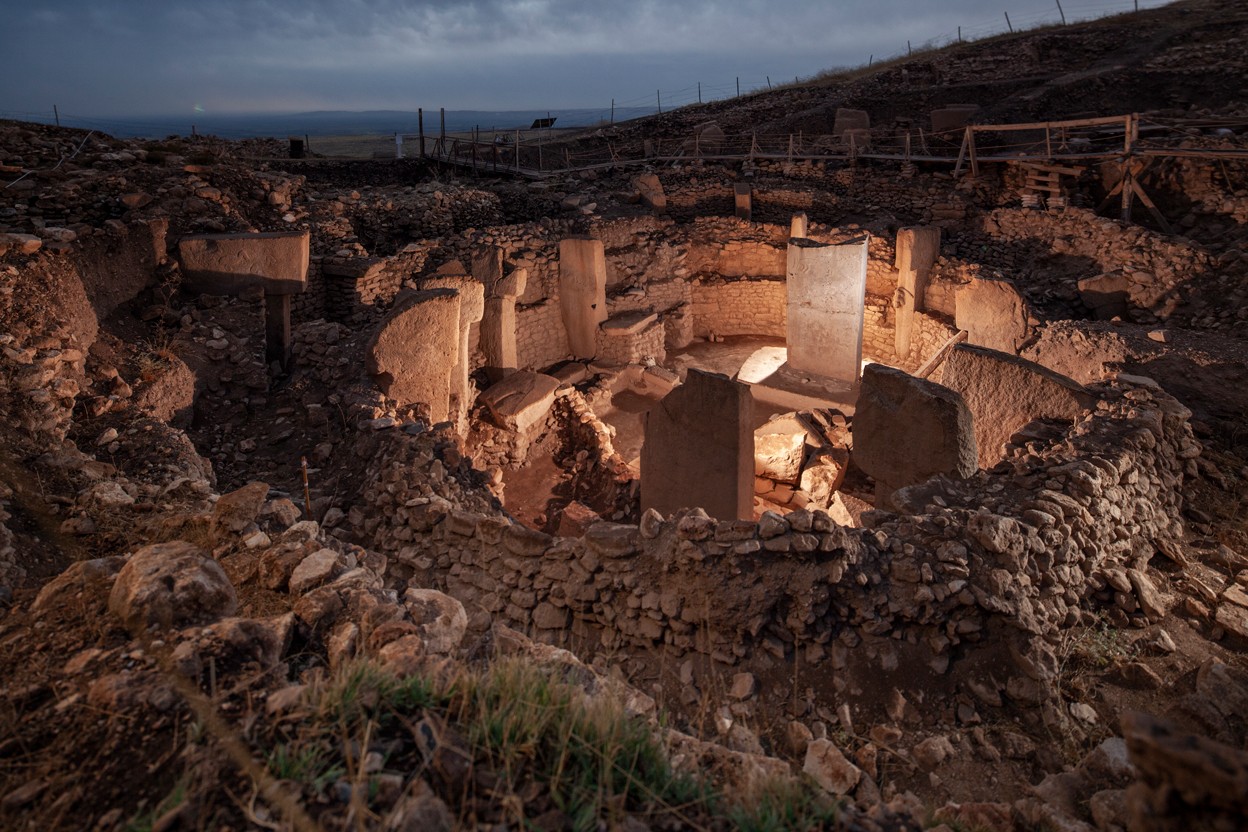
On a clear day, the view from the ruins of Göbekli Tepe stretches across southern Turkey all the way to the Syrian border some 50 kilometres away. At 11,600 years old, this mountaintop archaeological site has been described as the world’s oldest temple — so ancient, in fact, that its T-shaped pillars and circular enclosures pre-date pottery in the Middle East.

Caves, often their deepest reaches, were humanity’s first art galleries, where early artists produced star maps, hunting scenes and friezes of ice age animals.
Image from: Iakubivskyi (Wiki Commons)

An underwater archaeologist from The University of Texas at Arlington is part of a research team studying 9,000-year-old stone tool artifacts discovered in Lake Huron that originated from an obsidian quarry more than 2,000 miles away in central Oregon.
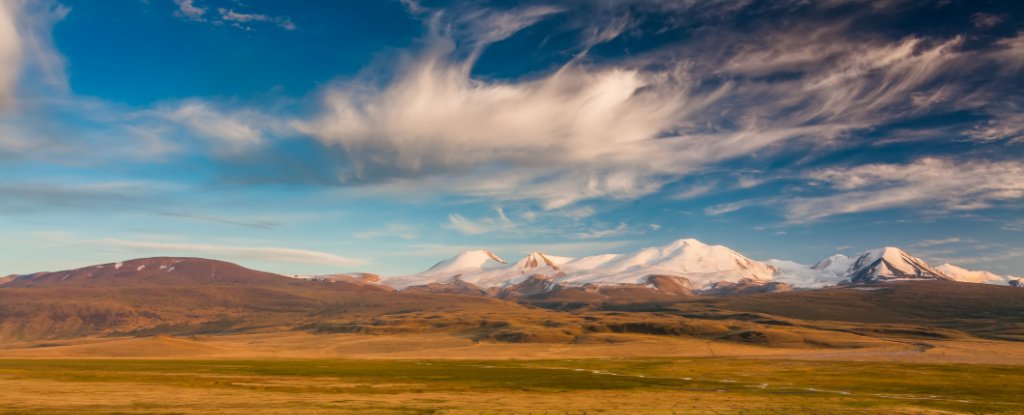
New insights into the peopling of Siberia and human migration into the Americas have been found in what might seem like an unlikely place: gut bugs.
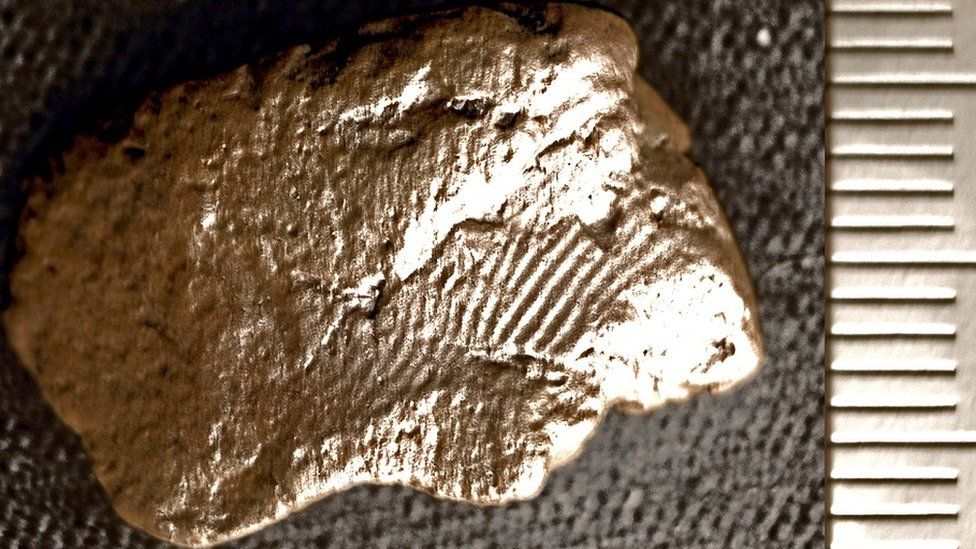
Archaeologists believe fingerprints left on a piece of Neolithic pottery belonged to two young men.

Sperm whales are among the loudest living animals on the planet, producing creaking, knocking and staccato clicking sounds to communicate with other whales that are a few feet to even a few hundred miles away.
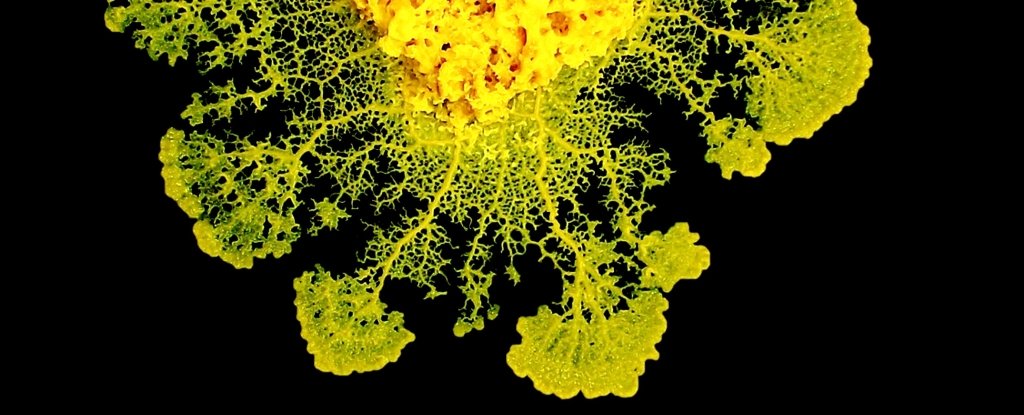
This bizarre little organism doesn’t have a brain, or a nervous system – its blobby, bright-yellow body is just one cell. This slime mold species has thrived, more or less unchanged, for a billion years in its damp, decaying habitats. And, in the last decade, it’s been changing how we think about cognition and problem-solving.

Treating mental health conditions with psilocybin is quickly becoming mainstream. But the experience of this scientist and adventurer shows its potential for physical conditions, too.








